top of page
Search
1930's
Classic Films from the 1930's


Ruggles of Red Gap (1935)
Ruggles of Red Gap (1935) is a charming and whimsical comedy that represents a delightful intersection of British and American sensibilities in film during the mid-1930s.

Soames Inscker
6 min read

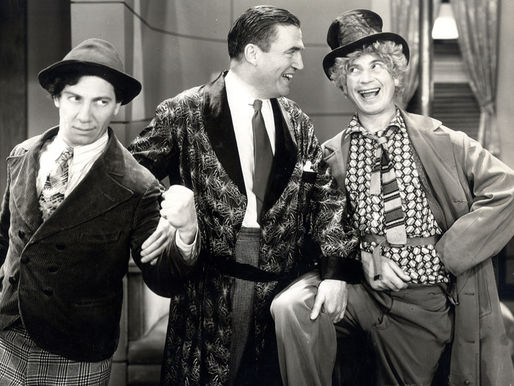
Monkey Business (1931)
Monkey Business (1931) is the third feature film starring the inimitable Marx Brothers and their first to be based on an original screenplay rather than an adaptation of a Broadway stage production. Directed by Norman Z. McLeod and written by S.J. Perelman and Will B. Johnstone, this anarchic comedy marks a critical transition for the brothers—from musical vaudevillians to full-fledged cinematic troublemakers.

Soames Inscker
4 min read


Mr Deeds Goes To Town (1936)
Mr. Deeds Goes to Town is one of the defining films of 1930s American cinema, a cornerstone of the Capra-corn ethos—a blend of idealism, humour, populist sentiment, and individual virtue. Released during the heart of the Great Depression in 1936, it struck a chord with audiences desperate for decency, optimism, and a sense that the "little guy" could stand up to the forces of corruption and cynicism.

Soames Inscker
4 min read


The Awful Truth (1937)
The Awful Truth (1937) is a cornerstone of the screwball comedy genre and the film that definitively launched Cary Grant as a leading man with comic brilliance. Directed by Leo McCarey, the film is a dazzling blend of sophistication, farce, and romantic tension, built around the story of a divorcing couple who realize — perhaps too late — that they’re still in love.

Soames Inscker
5 min read


Horse Feathers (1932)
Horse Feathers (1932) is the fourth Marx Brothers film and one of their purest distillations of manic energy and anti-authoritarian glee. Released during the depths of the Great Depression, the film targets the twin American institutions of higher education and collegiate football, skewering both with the brothers’ trademark blend of puns, visual gags, and surreal logic.

Soames Inscker
5 min read

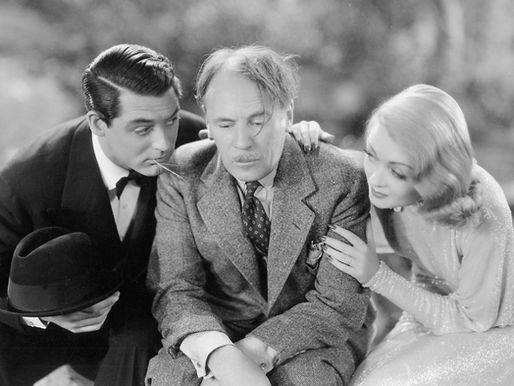
Topper (1937)
Released during the golden era of screwball comedy, Topper (1937) stands apart thanks to its inventive blending of fantasy and farce. Based on the 1937 novel by Thorne Smith, Topper is a whimsical tale of ghosts, liberation, and high-society satire that paved the way for later supernatural comedies like Blithe Spirit and Ghost and Mrs. Muir.

Soames Inscker
5 min read


A Day at the Races (1937)
The Marx Brothers were the reigning kings of cinematic chaos throughout the 1930s, and A Day at the Races represents one of their last great ensemble outings. Following up on their monumental success with A Night at the Opera (1935), the trio once again paired with producer Irving Thalberg and director Sam Wood at MGM, seeking to replicate the blend of musical romance and manic comedy that made their previous film a hit.

Soames Inscker
5 min read

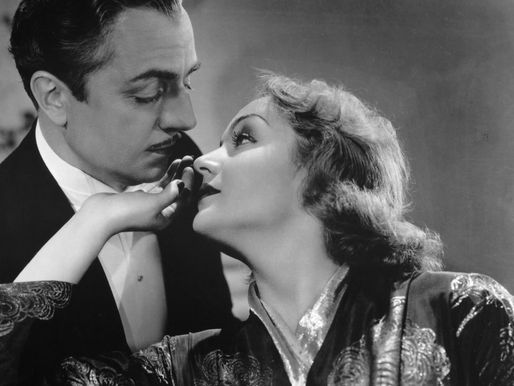
My Man Godfrey (1936)
My Man Godfrey is a sparkling comedy of manners wrapped around a biting social critique. Released at the height of the Great Depression, it uses the zany tropes of screwball comedy to explore class disparity, human dignity, and the fine line between wealth and madness.

Soames Inscker
5 min read


Modern Times (1936)
Modern Times is a masterpiece of satire, physical comedy, and social commentary. Written, directed by, and starring Charlie Chaplin in his final performance as the iconic Little Tramp, the film is both a farewell to the silent film era and a scathing critique of industrialization and capitalism during the Great Depression.

Soames Inscker
5 min read


The Thin Man (1934)
The Thin Man is one of the most influential genre hybrids in cinematic history — a brilliant fusion of screwball comedy, hard-boiled detective fiction, and sophisticated romance.

Soames Inscker
5 min read

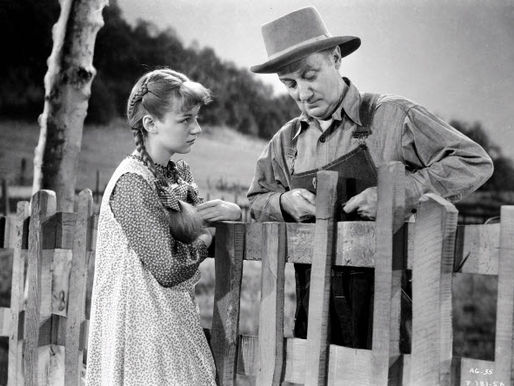
Anne of Green Gables (1932)
This 1934 adaptation of Anne of Green Gables holds a special place in film history, not just as the first talkie adaptation of L.M. Montgomery’s beloved novel, but also because it introduced audiences to a young actress, Dawn O'Day, who so closely identified with the character of Anne Shirley that she adopted the name for the rest of her career.

Soames Inscker
4 min read


The Invisible Man (1933)
The Invisible Man (1933), directed by James Whale, is a foundational work of both science fiction and horror cinema. Adapted from H.G. Wells’s 1897 novel, the film was part of Universal Pictures’ ground breaking cycle of horror films in the early 1930s, alongside classics like Dracula (1931), Frankenstein (1931), and The Mummy (1932).

Soames Inscker
4 min read


It Happened One Night (1934)
Directed by Frank Capra and starring Clark Gable and Claudette Colbert, It Happened One Night is a landmark romantic comedy that set the blueprint for the genre.

Soames Inscker
4 min read


A Night at the Opera (1935)
A Night at the Opera is one of the Marx Brothers' most iconic and celebrated films, released in 1935 during Hollywood’s Golden Age. Directed by Sam Wood and produced by Irving Thalberg at MGM, the film marked a significant transition in the Marx Brothers' cinematic careers—from the anarchic free-for-alls of their earlier Paramount pictures to more structured narratives aimed at a broader audience.

Soames Inscker
4 min read

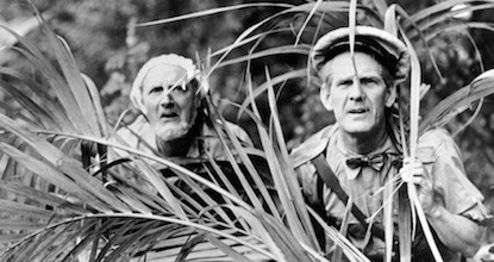
Old Bones of the River (1938)
Review of the 1938 British comedy directed by Marcel Varnel, starring the legendary Will Hay alongside his frequent collaborators Moore Marriott and Graham Moffatt.

Soames Inscker
4 min read

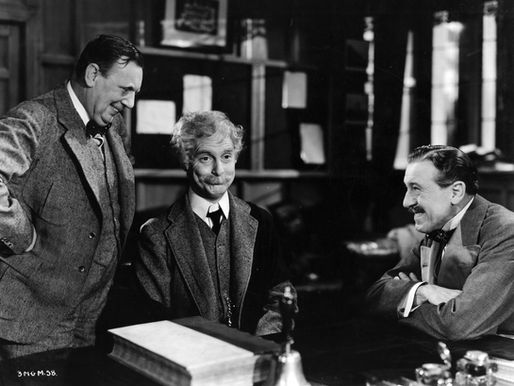
Goodbye Mr Chips (1939)
A Review of the film based on James Hilton’s bestselling novella, the film tells the life story of Charles Edward Chipping—affectionately known as “Mr. Chips”—a Latin master at the fictional Brookfield School,

Soames Inscker
4 min read


Sabotage (1936)
Review of the Alfred Hitchcock thriller "Sabotage". Starring Sylvia Sidney, Oskar Homolka, John Loder and Desmond Tester.

Soames Inscker
5 min read


The 39 Steps (1935)
Review of the Alfred Hitchcock Version of the "The 39 Steps" starring Robert Donat and Madeleine Carol.

Soames Inscker
4 min read


The Lady Vanishes (1938)
Review of the 1930's classic Hitchcock thriller "The Lady Vanishes". Starring Margaret Lockwood, Michael Redgrave, Dame May Whitty, Paul Lukas, Naunton Wayne and Basil Radford.

Soames Inscker
4 min read


Ask a Policeman (1939)
Ask a Policeman is a true gem of British cinema—funny, fast-paced, and filled with timeless comic performances.

Soames Inscker
4 min read
bottom of page


